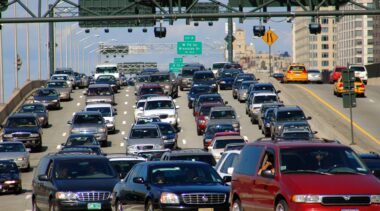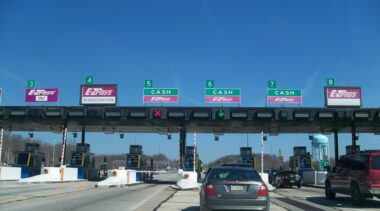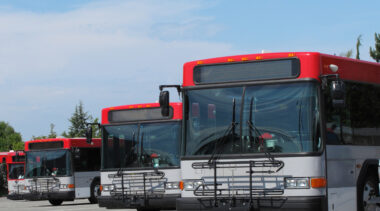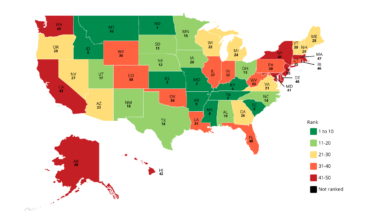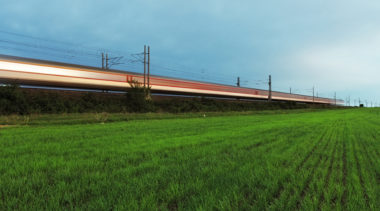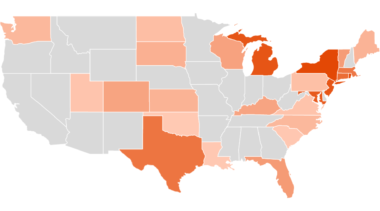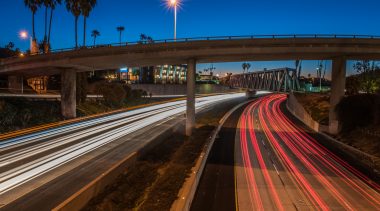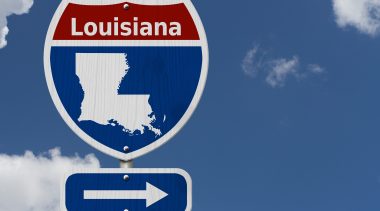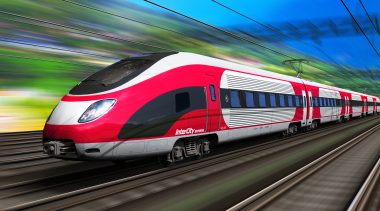Baruch Feigenbaum is senior managing director of transportation policy at Reason Foundation.
Feigenbaum has a diverse background researching and implementing transportation issues including revenue and finance, public-private partnerships, highways, transit, high-speed rail, ports, intelligent transportation systems, land use, and local policymaking. Prior to joining Reason, Feigenbaum handled transportation issues on Capitol Hill for Rep. Lynn Westmoreland.
Feigenbaum is a member of the Transportation Research Board Bus Transit Systems and Intelligent Transportation Systems Committees. He is vice president of programming for the Transportation and Research Forum Washington Chapter, a reviewer for the Journal of the American Planning Association (JAPA), and a contributor to Planetizen. He has appeared on NBC Nightly News and CNBC. His work has been featured in the Washington Post, The Wall Street Journal and numerous other publications.
Feigenbaum earned his master's degree in Transportation Planning with a focus in engineering from the Georgia Institute of Technology.
-
Ranking how each state’s transportation funding system aligns with the users-pay/users-benefit principle
With direct users-pay funding sources, those who use the highways are the people paying for them.
-
Annual Highway Report: Ranking each state’s highway conditions and cost-effectiveness
The Annual Highway Report examines every state's pavement and bridge conditions, traffic fatalities, congestion delays, spending per mile, administrative costs, and more.
-
Vanpools: The forgotten mode of mass transit
Vanpools are a high-quality, low-cost mass transit option.
-
How to Address Drivers’ Concerns About Toll Roads and Bridges
State leaders need to address drivers' concerns about the tolls they pay and where the money goes.
-
Transportation and COVID-19: A State Guide to Policy and Priorities
What states can do amidst today's uncertainty, with a policy focus on mitigating risks to public-sector transportation operations and infrastructure investments.
-
Contracting Mass Transit Services
Transit contracting should always follow three principles: guaranteeing public control, promoting competition, and ensuring transparency.
-
Contracting Mass Transit Services: A How-to-Guide
This how-to guide shows how to successfully contract for mass transit services.
-
25th Annual Highway Report
The 25th Annual Highway Report measures the condition and cost-effectiveness of state-controlled highways in 13 categories, including pavement condition, traffic congestion, fatalities, and spending per mile.
-
How Transit Systems Can Provide Cost-Effective, High-Quality Paratransit Services
People with disabilities use transit seven times as much as the general population.
-
COVID-19 And Soaring Costs Are New Challenges for Texas High-Speed Rail Line
If Texas Central chooses to move ahead with this high-speed rail project, lawmakers and taxpayers should ensure it does not receive stimulus funding.
-
How Much Gas Tax Money States Divert Away From Roads
Examining the percentage of state gas tax revenue that is allocated for expenses unrelated to roads, including money shifted to law enforcement, education, tourism, environmental programs and more.
-
13 Frequently Asked Questions About Mileage-Based User Fees
With the gas tax becoming increasingly unsustainable, mileage-based user fees offer a fair, reliable and sustainable funding mechanism for roadways.
-
24th Annual Highway Report
North Dakota, Virginia and Missouri have the best performing, most cost-efficient state highway systems, while New Jersey, Rhode Island and Hawaii have the worst.
-
Using Managed Lanes in Metro Areas to Fund the Reconstruction of Interstate Highways
Value-added tolling is the most realistic way to pay for the needed rebuilding of Interstate highways.
-
Using Tolling and Public-Private Partnerships to Finance Louisiana’s Roadways
Tolling is the most ideal user fee because there is a direct link between the toll and the specific road infrastructure used.
-
The Proposed Texas High-Speed Rail Project Requires Caution
There is a probability that if this project is built and put into operation, Texas Central will default on its loans, require a taxpayer bailout, or both.
-
Frequently Asked Questions About Managed Lanes
Managed lanes can provide motorists with a reliable means of completing their commutes and reduce funding uncertainties that plague many infrastructure systems.
-
Frequently Asked Questions: Highway P3s
Public-private partnerships are a policy tool that can help governments with the design, construction, financing, operation, and maintenance of highways.


